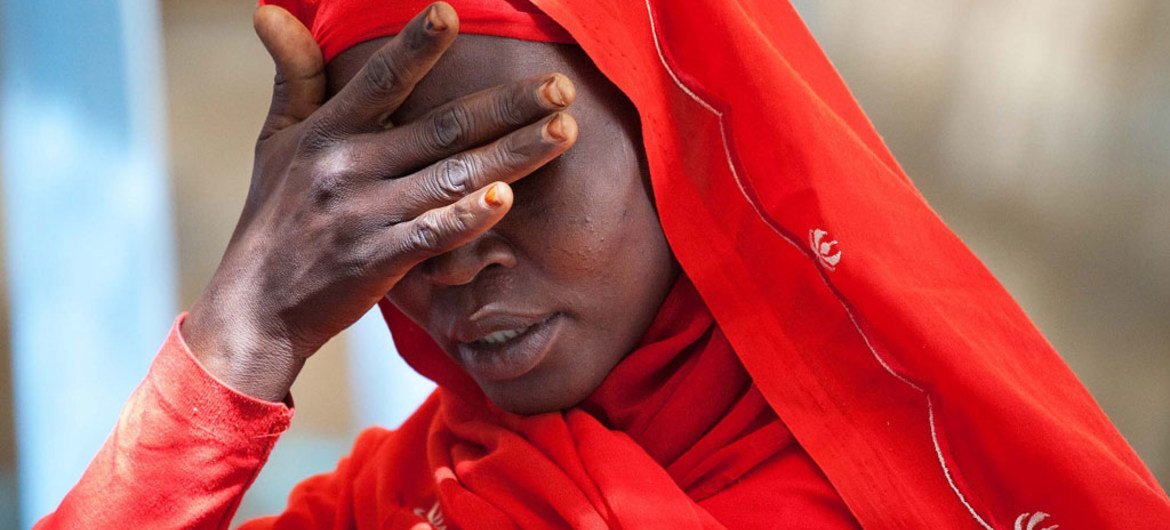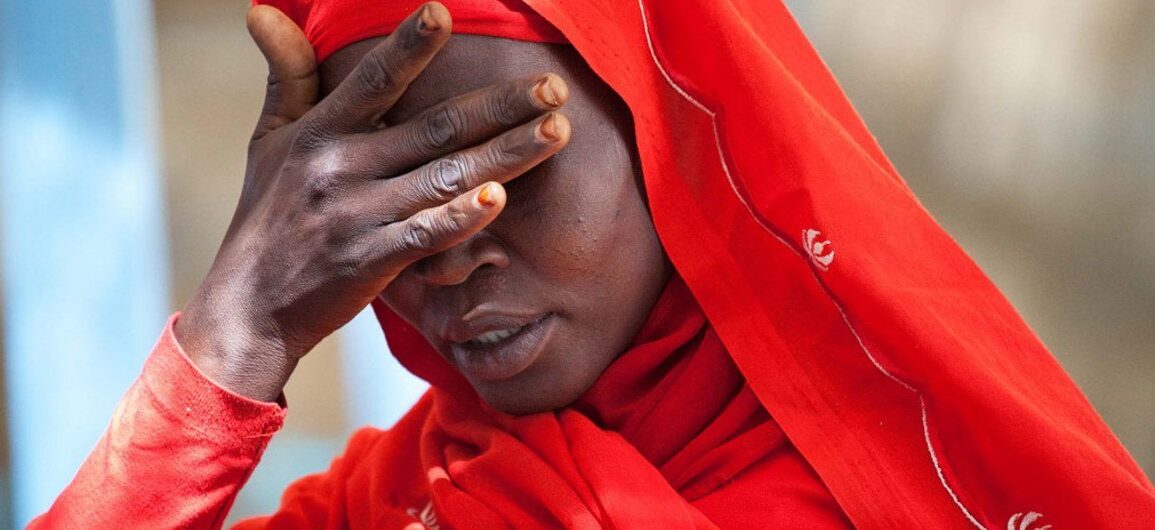
Whilst the world marked the International Day for the Elimination of Violence Against Women on Saturday, Radio Dabanga continues to receive horrific testimonies of violence against Sudanese women and girls amidst Sudan’s war, now in its eighth month.
For the international occasion, several Sudanese organisations and others in the region issued statements condemning gender-based violence against Sudanese women as the war continues in the country.
A Sudanese refugee told Radio Dabanga harrowing testimonies of girls she met from the Bregen Sudanese refugee camp in eastern Chad.
According to these testimonies, many girls were raped in the eastern neighbourhoods of El Fasher and other places between May and November.
The refugee, who preferred not to be named, confirmed that many of the cases occurred in areas under the control of the Rapid Support Forces (RSF).
Girls who came from El Geneina in West Darfur said they had been raped before fleeing the town and then were subjected to abuses by the RSF again as they fled to Chad, the woman told Radio Dabanga
She met with various women and girls who were raped, including mothers and daughters who were abused in front of each other.
Efforts have been made by Sudanese organisations and initiatives, but they have been unable to stop these violations.
Justice and shame
Many cases go unreported for fear of the “shame” that can be inflicted on the victim, due to the prevailing culture in society.
With these cases hidden and unreported and victims fearful of going to court, justice seems difficult to achieve, if not almost impossible.
Nevertheless, the African Centre for Justice and Peace Studies, a nonprofit, non-governmental organisation based in New York, called on the Sudanese authorities to investigate the rape and mass abduction of dozens of women in South Darfur.
In a statement issued yesterday, the centre said 43 women and girls were gang-raped and about 26 others were abducted in the region.
It called for the appointment of a special investigator for victims who wish to open a criminal case and called on the authorities to ensure that victims were protected from “reprisals”.
Women Against Injustice coordinator Ihsan Abdelaziz, however, questioned the existence of independent courts and legal institutions.
In an interview with Radio Dabanga, Abdelaziz said that, as human rights activists, they have witnessed Sudan’s justice system develop since the era of former President Omar Al Bashir and stressed their lack of confidence in the system under the current circumstances.
The organisation will nevertheless appeal to these judicial agencies to file their cases to “establish the right of the victims.”
Ihsan Abdelaziz said that her organisation launched a sixteen-day programme to reduce sexual violence against women under war, which coincides with the International Day for the Elimination of Violence Against Women.
The sixteen-day programme will include seminars, training workshops, and a visit to Sudanese women refugees in South Sudan to find out more about the problems they face.
The coordinator added that they do not have accurate statistics on the number of women who have been subjected to sexual violence and various violations during the war, but they are now preparing to cooperate with the UN Human Rights Council on this matter.
Perpetrators
Saturday also saw a statement issued by the US Embassy in Khartoum that condemned acts of conflict-related sexual violence, which was published on the Embassy’s X account (formerly known as Twitter).
The statement said that trustworthy sources largely attributed acts of sexual violence to the RSF.
Ihsan Abdelaziz, however, warned abuses were being committed by both sides of the conflict, not just by the RSF.
“There are no longer only two parties to the current war in Sudan”, she said and explained that both the RSF and the army are supported by other militias, such as El Baraa Brigades and the Shadow Brigades.
The abuses committed by these militias are not as well documented.
This post was originally published on this site be sure to check out more of their content.









